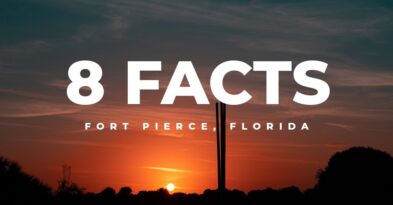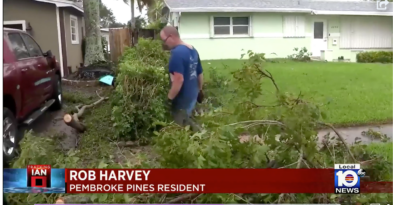New Years Resolution: Estate Planning
Planning your estate now doesn’t mean you will die tomorrow, just as if you have homeowner’s insurance doesn’t mean your house will be destroyed.
Estate planning as soon as possible is called peace of mind…and you can have it. So, when’s the best time to plan your estate? Right now! But let’s start by understanding it:

WHAT IS ESTATE PLANNING?
Your estate is comprised of everything you own— your car, home, other real estate, checking and savings accounts, investments, life insurance, furniture, and personal possessions. No matter how large or how modest, everyone has an estate and something in common—you can’t take it with you when you die.
Estate planning—making a plan in advance and naming who you want to receive the things you own after you die. However, good estate planning is much more than that.
-
Include instructions for passing your values (religion, education, hard work, etc.) in addition to your valuables.
-
Include instructions for your care if you become disabled before you die.
-
Name a guardian and an inheritance manager for minor children.
-
Provide for family members with special needs without disrupting government benefits.
-
Provide for loved ones who might be irresponsible with money or who may need future protection from creditors or divorce.
-
Include life insurance to provide for your family at your death, disability income insurance to replace your income if you cannot work due to illness or injury, and long-term care insurance to help pay for your care in case of an extended illness or injury.
-
Provide for the transfer of your business at your retirement, disability, or death.
-
Minimize taxes, court costs, and unnecessary legal fees.
-
Be an ongoing process, not a one-time event. Your plan should be reviewed and updated as your family and financial situations (and laws) change over your lifetime.
ESTATE PLANNING IS FOR EVERYONE.
It is not just for “retired” people, although people do tend to think about it more as they get older. Unfortunately, we can’t successfully predict how long we will live, and illness and accidents happen to people of all ages. Estate planning is not just for “the wealthy,” either, although people who have built some wealth do often think more about how to preserve it. Good estate planning often means more to families with modest assets, because they can afford to lose the least.
[LINK TO ESTATE PLANNING PAGE]
IF YOU DON’T HAVE A PLAN, YOUR STATE HAS ONE FOR YOU, BUT YOU PROBABLY WON’T LIKE IT.
At disability: If your name is on the title of your assets and you can’t conduct business due to mental or physical incapacity, only a court appointee can sign for you. The court, not your family, will control how your assets are used to care for you through a conservatorship or guardianship (depending on the term used in your state). It can become expensive and time-consuming, it is open to the public, and it can be difficult to end even if you recover.
At your death: If you die without an intentional estate plan, your assets will be distributed according to the probate laws in your state. In many states, if you are married and have children, your spouse and children will each receive a share. That means your spouse could receive only a fraction of your estate, which may not be enough to live on. If you have minor children, the court will control their inheritance. If both parents die (i.e., in a car accident), the court will appoint a guardian without knowing who you would have chosen.









